The House of Islam: A Global History
£7.30£9.50 (-23%)
‘A powerful corrective’ Guardian
‘This should be compulsory reading’ Peter Frankopan, author of The Silk Roads
‘For anyone interested in the future of Islam, both in Britain and the Islamic world, this is an important book’ The Times
The gulf between Islam and the West is widening. A faith rich with strong values and traditions, observed by nearly two billion people is seen by the West as something to be feared rather than understood. Sensational headlines and hard-line policies spark enmity, while ignoring the feelings, narratives and perceptions that preoccupy Muslims today.
The House of Islam seeks to provide entry to the minds and hearts of Muslims the world over. It introduces us to the kindness of Mohammed, the beauty of Islamic art and the permeation of the divine in public spaces; and the tension between mysticism and literalism that still threatens the religion.
Ed Husain expertly and compassionately guides us through the nuances of Islam and its people, contending that the Muslim world need not be a stranger to the West, nor its enemy, but a peaceable ally.
Read more
Additional information
| Publisher | 1st edition (16 May 2019), Bloomsbury Publishing |
|---|---|
| Language | English |
| Paperback | 336 pages |
| ISBN-10 | 1408872285 |
| ISBN-13 | 978-1408872284 |
| Dimensions | 19.7 x 2.2 x 13 cm |

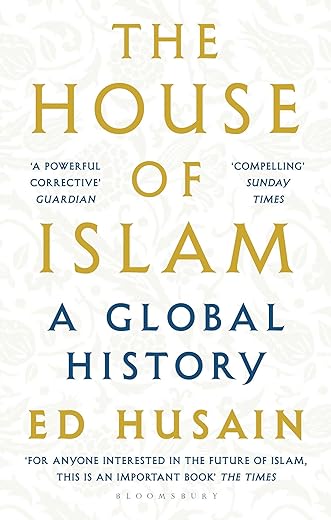
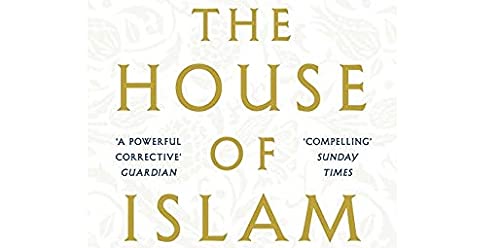
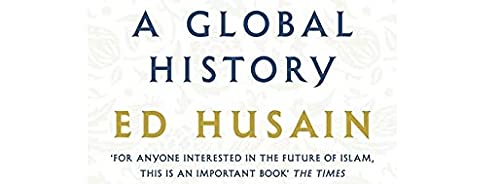
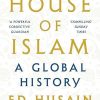


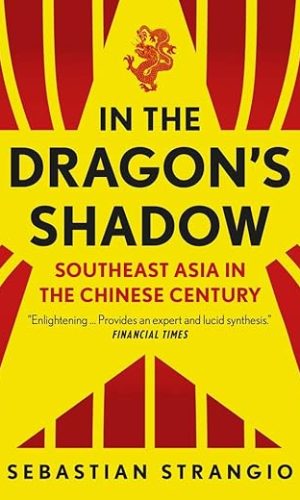
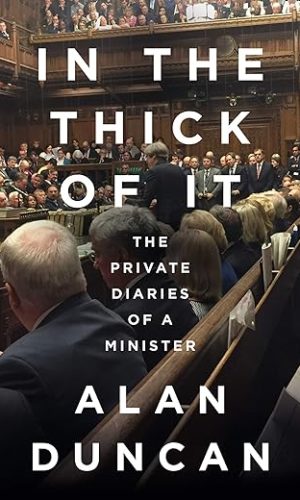

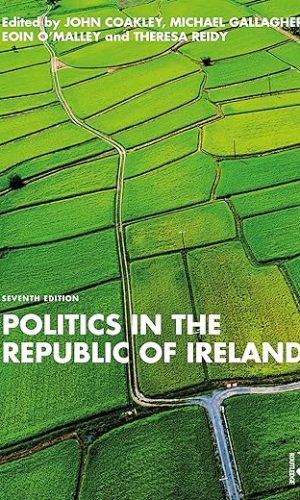
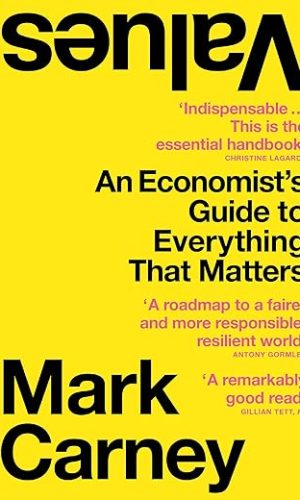

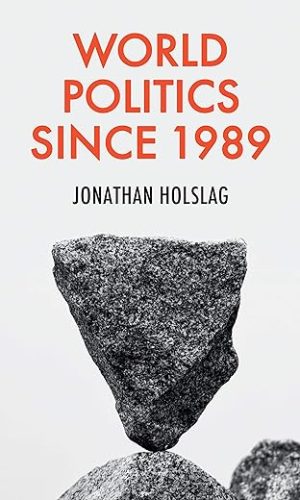
by MetaDiscipline
This is a thoroughly readable summary of the history of Islam from its beginnings to the present day.
It explains all the major branches of Islam, how they came about, and what the differences in their philosophy is.
It makes it clear that Islam is a peaceful religion and explains how we ended up with Literal Islamists and Jihadists.
Unfortunately it appears that Muslims began killing each other in increasingly large numbers only 100 years after Mohamed’s death and the book explains the background to how Muslims ended up killing a few Westerners but tens of thousands of Muslims in recent times.
The author tries to end on an optimistic note by proposing how moderate Islam could reinstate itself over radical Islam and bring the killings to an end. Having read the rest of the book, I suspect this is highly unlikely. A rather depressing outlook.
by Pell Mell
More a polemic than a history, this book is essential reading for non-Muslims like me who want to have a more informed opinion about the religion and the present-day problems of the Islamic world. Recent events have given many of us a very negative view of the religion and it’s all too easy to forget that the Muslim world was once a place of scholarship, pluralism and tolerance – shining a light during the Dark Ages in Europe.
What went wrong? The author’s answer is well-argued and I hope that his theological arguments against ISIS and co gain currency in the Muslim world.
I finished the book with a greater respect and understand of Islam and will be able to have a more nuanced view of current affairs as a result.
by Canon John Twisleton
‘The House of Islam is on fire – and the arsonist still lives there. Neighbours can bring water to put out the fire, but Muslims must also expel the fire bombers in their midst’. In an accessible best-selling book Ed Husain explains this fiery scene and how a narrow movement unfaithful to the Quran is riding a crisis of confidence among Muslims. The book by a former extremist turned mainstream Muslim draws out the spiritual depth of Islam. Terms like Sharia are explained, meaning ‘path to water’ echoing Islam’s nomadic heritage but now bearing fearsome meaning as a result of literalistic Islam. In its portrait of the counterfeiting of Islam’s riches in this age ‘The House of Islam’ is an eye-opener for non-Muslims and a call to action for Muslims and all who seek the world’s good.
by catholic reader
A very informative, and clearly laid out introduction to Islam, and its problems and difficulties. This book does much to show the compassionate, merciful, even liberal side of Islam, a religion who seems to have preserved much while other faiths and areas were going through the dark ages. He explains the schism between Shia and Sunni, highlights the role of Western supported Saudi interests in promoting the less enlightened forms of Islam, and explains why the ‘puritans’, literalists, jihadists and Islamists are not the only option, or even the most Islamic option. He gives a good grounding in why people, and peoples can be moderate, liberal and observant Muslims without feeling in any way less of a true Muslim than many of the wilder, puritanical, and just plain genocidal alternatives. It also provides a good basis for a more educated and enlightened Western response to ‘radical’ Islam. This book is a good starting place for anyone interested in the modern world to begin to learn about Islam.
The ‘solutions’ he offers to the current seemingly increasing radicalisation and extremism are however not particularly compelling. They are neither ‘wrong’ nor short sighted, they just do not seem to be the practical, mid term measures that would effectively reduce the violence of the extremists, or the clumsy reaction to them on the part of moderate Muslims, or ‘the West’. It goes without saying that there are no easy answers. A very informative read.
by Canon John Twisleton
Some really thoughtful discussions are had in this book, and he covers Islamic history well, but there are two main points that I found problematic:
Firstly, the continued Sufi propaganda prevalent throughout the book. I appreciate the contributions that Sufis have made to Islam, and they have been integral in certain areas of the world in spreading the faith, but the author speaks of them as the most successful and only true way to propagate Islam – a linear viewpoint indeed. At times the ‘miracles’ by Sufi ‘saints’ conjure images of hilarity and unapologetic self-love and hubris.
Secondly, the author is seemingly blind to Israel ever doing anything wrong. Again, some thoughtful points are mentioned, and I do not believe violence to be the way forward, but there is no acknowledgement of the numerous human rights and terror incidents that Zionism and the Israeli state has caused since its creation, including the King David Hotel bombing and the continued supply siege on Gaza. Yet Hammas (whom, along with the author, I disagree with) is slammed on numerous occasions. Perhaps it didn’t occur to him that these long-term hostilities may just have a cause to them? Yes, Israel is far more technologically, economically and academically superior to other Arab nations. You don’t think the Zionist billionaires around the globe, especially those in power in the United States, had anything to do with that, and have checks in place to keep it that way? Such naïvety.
by Captain Pike
I would like this book to be read by every Western leader, mover and shaker, as well as by young, intelligent Muslims – and , well, everybody else as well! A shaft of light shining in a perplexing and often troubling world. It did so much to help me understand, and take a sympathetic view of, Islam whilst illuminating the profound inner struggle taking place within such a rich and important global civilization. Whilst I probably wouldn’t share all the author’s views it would be interesting to see him develop his critique of Western liberalism and make the case for the value of tradition in a society in deep flux, which often feels a thousand miles wide and an inch deep.